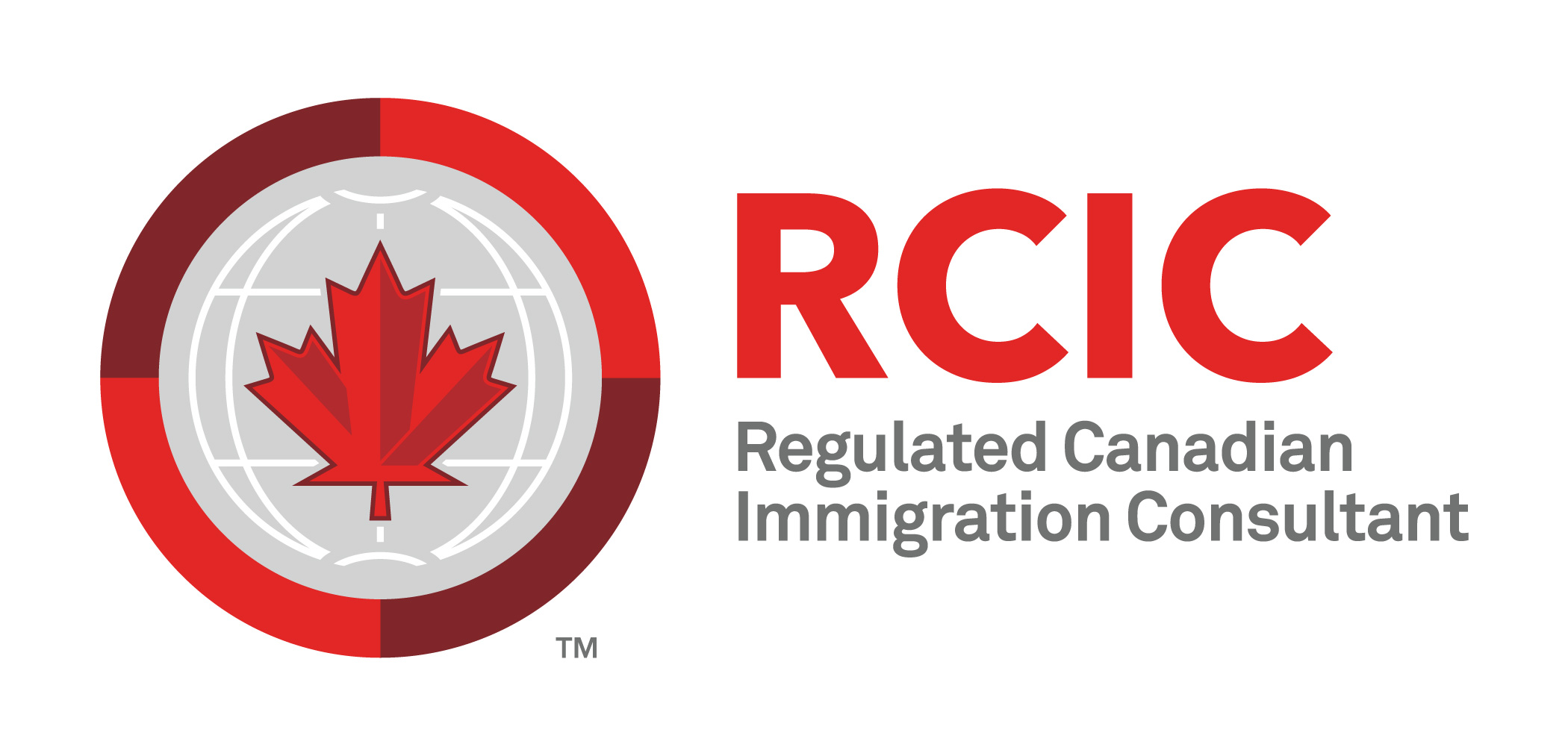An immigration officer may issue a TRV in the form of an official counterfoil document placed in the individual’s passport if the foreign national fits the requirements of the Immigration and Refugee Protection Act (IRPA) and is admissible. The date by which a TRV must be used to appear at the port of entry (POE) and seek admission to Canada is its expiry date. The advised duration of the visit is not the expiry date. A TRV does not give temporary resident status in Canada or ensure entrance to Canada.
Applying Outside Canada
Applicants who apply for temporary residence outside of Canada must submit their applications to the visa application center (VAC) that is responsible for serving:
- the country in which the applicant has been lawfully admitted
- the applicant’s country of nationality or, if the applicant is stateless, their country of habitual residence
Multiple Entry Visa
A multiple entry visa allows you to visit Canada for up to six months at a time and as many times as you like while the visa is valid. It will be valid for up to ten years or until your passport expires, whichever comes first. You must arrive in Canada on or before the visa’s expiration date.
Single Entry Visa
You can only visit Canada once with a single-entry visa. For example, you may only be eligible for a single-entry visa if you meet the following criteria:
- you are eligible for a fee-exemption and the purpose of your entry to Canada is limited (such as, for an official visit by a foreign national),
- you are taking part in a one-time special event in Canada,
- there are approved country-specific procedures or guidelines in place.
In most situations, you will need a new visa to re-enter Canada once you have left the country. If you travel directly to the United States (including its Territories and Possessions) or St. Pierre and Miquelon, you won’t require a new visitor visa to return to Canada.
Super Visa
The parent and grandparent super visa allows eligible parents and grandparents to visit family in Canada for up to two years without having to renew their status.
The Super Visa is a multi-entry visa that allows you to visit Canada for up to ten years. The main distinction is that a Super Visa permits an individual to stay in Canada for up to two years at a time, whereas a 10-year multiple entry visa only provides for a six-month status period for each entry.
To be eligible for a super visa, you must:
- be the parents or grandparents of Canadian citizens or permanent residents and
- meet other eligibility requirements.
A super visa is not available for your dependents. With the proper travel documents, they can still apply to visit Canada for up to 6 months.
Business Visitor
You’re a business visitor if you:
- come to take part in international business operations without being part of the Canadian labor market
- are visiting Canada temporarily to
- look for ways to grow your business
- invest
- advance your business relationships
Business visitors normally stay for a few days or weeks in Canada, although they can stay for up to six months.
Note: If you plan to stay for more than 6 months, or plan to work in Canada, you may be considered a temporary worker and have to apply for a work permit.
Activities you may conduct as a business visitor include:
- buying Canadian goods or services for a foreign business or government
- taking orders for goods or services
- going to meetings, conferences, conventions or trade fairs
- giving after-sales service as part of a warranty or sales agreement
- being trained by a Canadian parent company that you work for outside Canada
- training employees of a Canadian branch of a foreign company
- being trained by a Canadian company that has sold you equipment or services
Under the Canada-United States-Mexico Agreement, a U.S. or Mexican national may also participate in other activities, such as research, marketing and general services.
Please keep in mind that business visitors are not the same as businesspeople. Business travelers, professionals, intra-company transferees, traders, and investors are among those who come to work in Canada as businesspeople under a free trade agreement.










